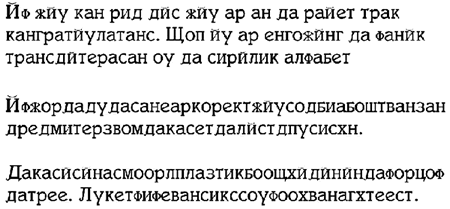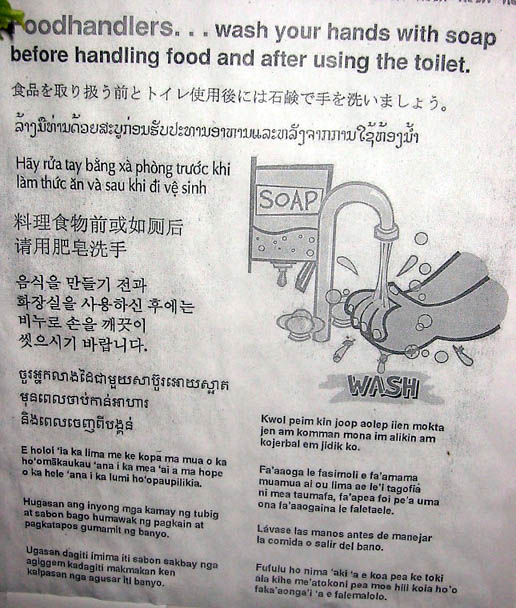I came across an interesting post today over on David Crystal’s blog about foreign accents. He believes that as long as other people can understand what you say in a foreign language, it doesn’t really matter if you speak it with a non-native accent. In fact your accent conveys your identity. He states that “it is very rare indeed for someone to develop a phonetic ability to the extent that their foreign origins are totally masked”, and that the only people who would really need to do so are spies.
It is indeed very difficult to speak a foreign language with completely native pronunciation and intonation, unless you acquire it at a young age. Having a training in phonetics certainly helps, as does prolonged immersion in the language. It also helps if you’re a good mimic.
I do my best to acquire as near a native accent as possible in the languages I’m learning, and my accent tends to improve if I spend a lot of time speaking those languages with native speakers. When people ask me which part of their country I’m from, or assume I’m from a neighbouring country where the same language is spoken, I know I’m one the right track.
Do you think it matters if you have a ‘foreign’ accent when speaking another language?


